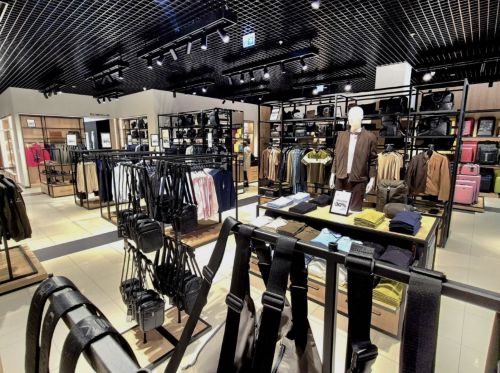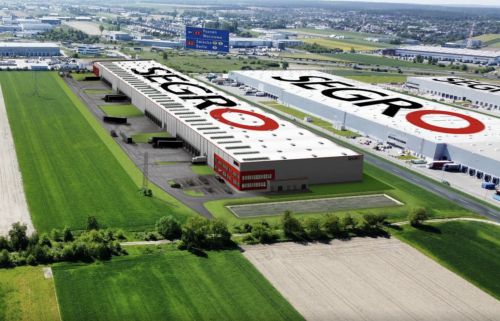Share investors are still waiting for clear signs from the US Federal Reserve over whether it is going to raise interest rates, particularly after the publication of strong data for the US economy, which currently has better prospects than the eurozone. In Q3, the US economy grew much quicker than economists had been expecting (5 pct q-o-q – more than twice as fast as the previous quarter), and this was mainly due to consumer spending, although foreign investment also bolstered the figures. At the same time, inflation has remained under control, which showed that the high interest rates have not hurt consumer spending while bringing rising prices back down to a manageable level. Across the entire US, prices have been going up by as much as 2.2 pct, which is quicker than in 2022, but clearly slower than in 2021, when the inflation rate was close to 6 pct. Although the economy is gradually coming down from its high, a slowdown could still happen in 2024, the prospect of which has been




























































